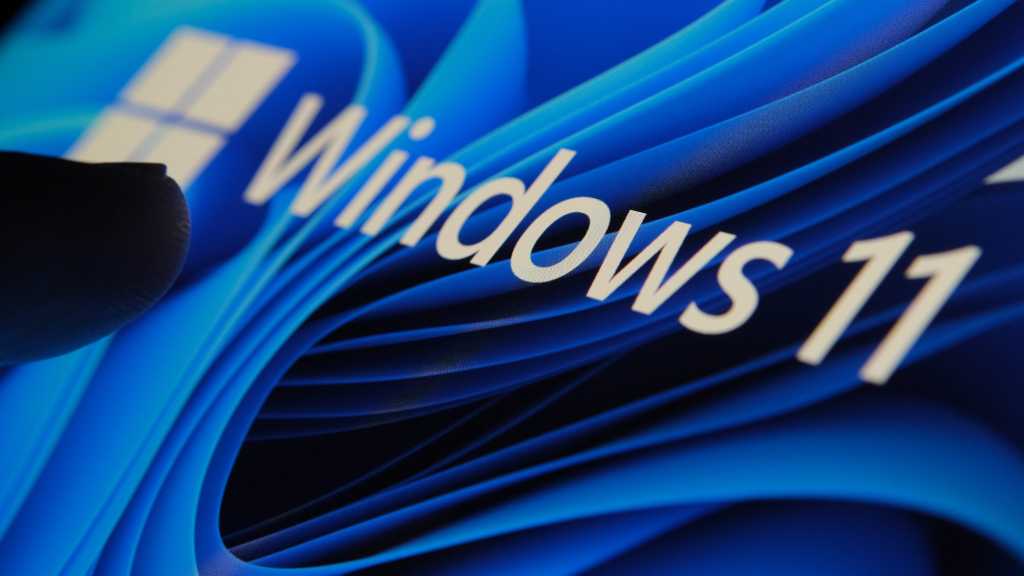Over the past couple months, Microsoft blocked delivery of the Windows 11 24H2 update to all kinds of PCs that were incompatible or susceptible to crashes for one reason or another.
In late November, we reported that various USB scanners and other devices with scanning functionality had stopped working after updating to Windows 11 24H2, so Microsoft blocked the update on PCs that were connected to such devices. Today, the block on those PCs has been lifted and they’re once again able to install Windows 11 24H2.
The issue was that, after updating to Windows 11 24H2, devices that supported the eSCL protocol could no longer switch to USB mode and thus weren’t recognizable anymore, making scanning (and other features) no longer possible. According to Microsoft, the list of affected devices included scanners, multifunction printers, fax machines, modems, and other eSCL network devices.
Microsoft had therefore paused the update for affected systems and also advised against the manual installation of 24H2. However, with the KB5048667 cumulative update for all Windows 11 versions that released on Tuesday, Microsoft has resolved this problem:
“This issue was resolved by Windows updates released December 10, 2024 (KB5048667), and later. We recommend you install the latest security update for your device as it contains important improvements and issue resolutions, including this one.
The safeguard hold (ID 54762729) that was previously in place for this issue will be lifted in the coming days. Note that, once you install the Windows update addressing this issue, it may take up to 48 hours for the Windows 11, version 24H2 update to be offered via Windows Update. Restarting your device might expedite the process.”
In other words, if your Windows 11 computer was previously blocked from installing 24H2 due to the problem described above, this block has now been lifted and you should be offered the update in the next two days. If you don’t want to wait that long, restart your PC.
It’s a bit of positive news for Windows 11, which is sorely needed as we close out the year. 2024 hasn’t been a kind one for Microsoft, with numerous controversies having popped up across the months. But this, in conjunction with Microsoft now allowing Windows 11 on older PCs, might just be the long-needed step in a better direction.
This article originally appeared on our sister publication PC-WELT and was translated and localized from German.

